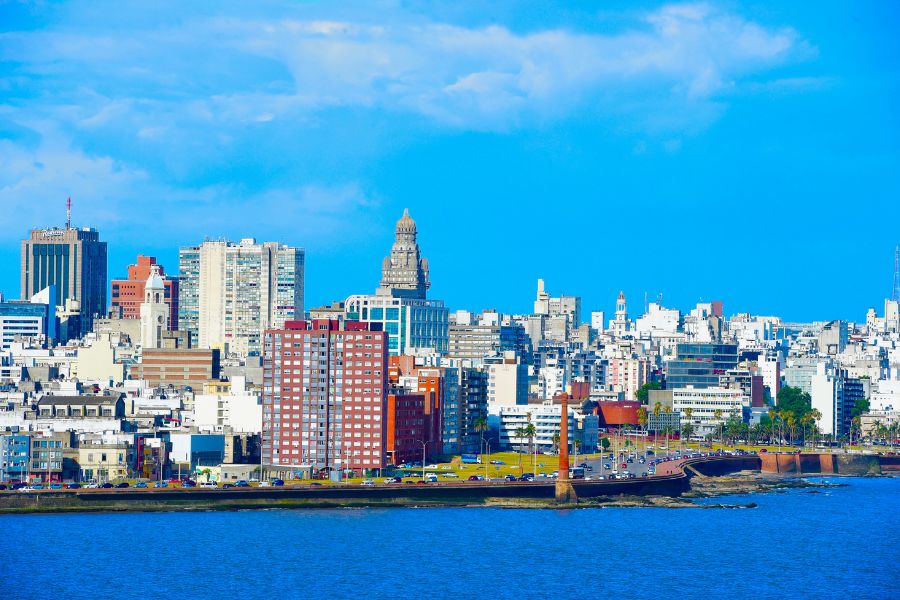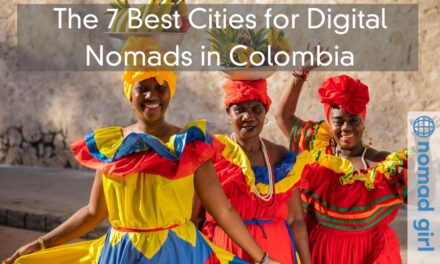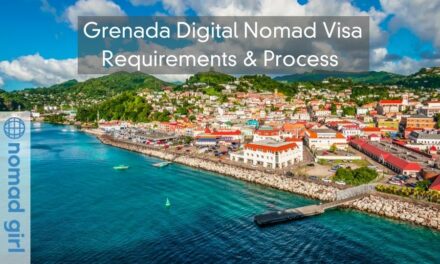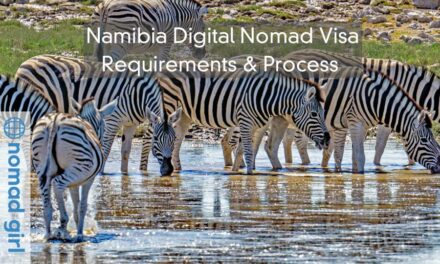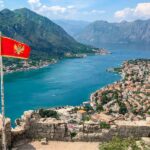Uruguay, tucked between Brazil and Argentina, blends cosmopolitan charm with coastal tranquillity. This South American gem welcomes remote workers with open arms through its digital nomad visa. Remote professionals seeking safety, simplicity, and a laid-back lifestyle discover that Uruguay ticks many boxes.
Compared to many other destinations in South America, Uruguay’s infrastructure, political stability, and quality of life uniquely position it for long-term living and remote work.
Discovering Uruguay
Uruguay offers more than beef and beaches. Montevideo impresses with European-style architecture, breezy waterfronts, and a thriving café culture. Punta del Este draws sunseekers with beach clubs and coastal luxury. Colonia del Sacramento seduces creatives with cobblestone lanes and riverfront charm.
Uruguay ranks highest in Latin America for democracy, freedom, and safety. Its investments in education, healthcare, and infrastructure appeal to digital professionals seeking long-term stability.
Uruguay’s progressive stance on human rights and sustainability further enhances its appeal. The country was the first in the world to fully legalise cannabis and ranks high in terms of LGBTQ+ safety. For digital nomads prioritising civil liberties, Uruguay represents a rare balance of tradition and tolerance.
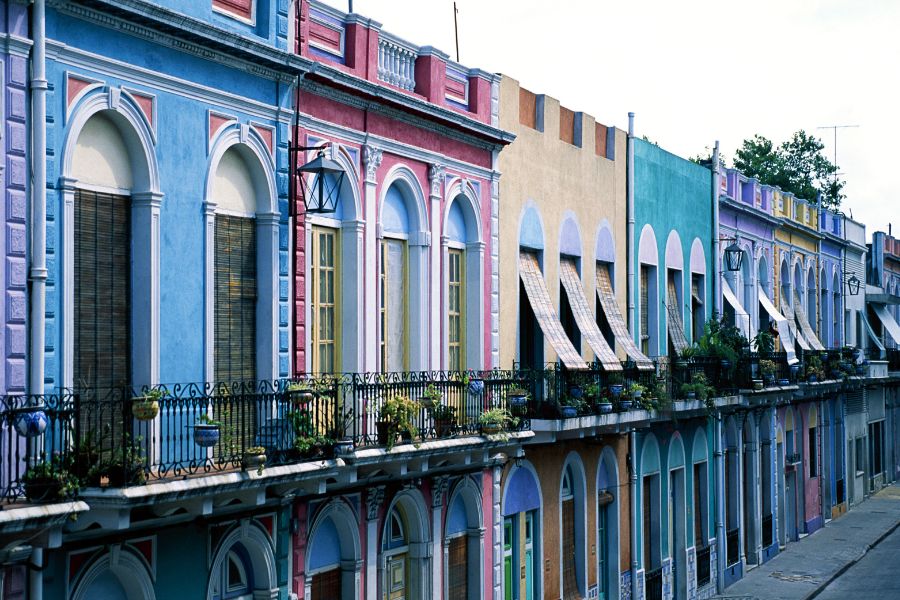
What Is the Uruguay Digital Nomad Visa?
Launched in May 2023, the visa’s official name is the “Provisional Identity Card for Remote Workers.” It allows:
- A stay of six months, renewable once
- Eligibility for remote professionals working exclusively with foreign clients
- Inclusion of family members as dependents
This visa caters to freelancers, remote employees, digital consultants, and entrepreneurs who operate outside Uruguay’s local economy. It reflects Uruguay’s broader goal to attract foreign talent without disrupting the domestic labour market.
Uruguay Digital Nomad Visa – Eligibility Criteria
Applicants must demonstrate the following:
- A contract or clear documentation of remote work with foreign clients or companies
- Financial self-sufficiency, proven via bank statements or income reports
- A valid passport with at least six months before expiration
- A clean criminal record
- Comprehensive health insurance for the entire duration of stay
There is no official minimum income threshold, but authorities recommend demonstrating consistent income over the past six months. Families should show additional financial capacity.
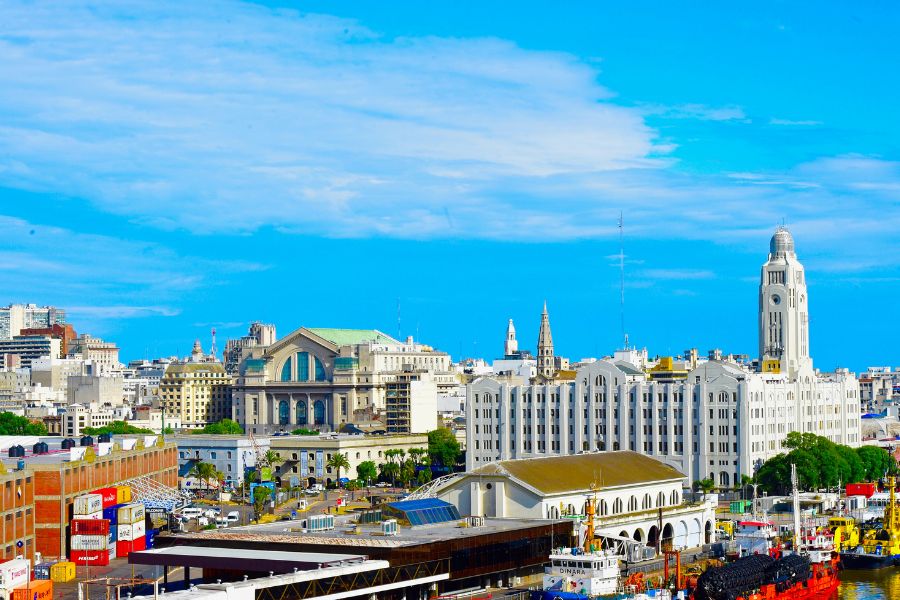
Uruguay Digital Nomad Visa – Application Process
The application is straightforward and conducted online:
- Create an account on the Ministry of Interior’s website
- Choose the “Remote Worker” category under Temporary Residency
- Complete the form and upload the required documents
- Pay a modest application fee (approx. $10)
- Wait for approval (usually 10–15 business days)
- Upon arrival, complete biometric registration and collect your ID card
Unlike other countries that require physical presence to initiate the process, Uruguay’s online-friendly application system significantly lowers the barrier to entry.
Uruguay Digital Nomad Visa – Documents Checklist
Be prepared to submit:
- Valid passport and photo
- Proof of remote work (contracts, invoices, client letters)
- Bank statements or income documentation
- Criminal background check
- Valid health insurance
- Spanish translations (certified) of all documents
All documents must be uploaded digitally. After arrival, applicants must attend a scheduled in-person appointment to finalise their temporary ID.
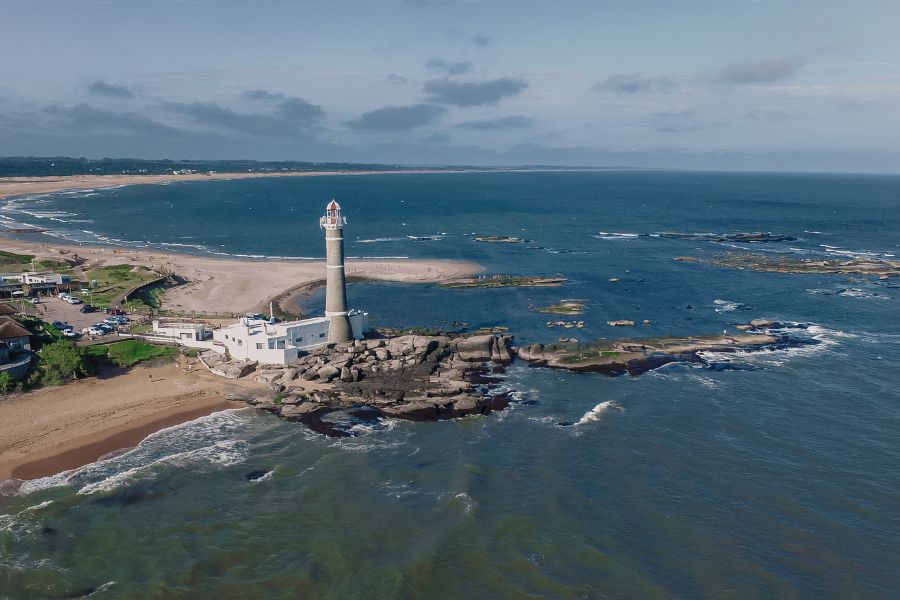
Taxes and Residency Implications
Uruguay offers a tax system tailored to location-independent earners. The country adheres to a territorial taxation model, which only taxes income earned within Uruguay’s borders. This setup benefits digital nomads in three key ways:
- No tax on foreign-sourced income: If you work for international clients or companies, your earnings remain untaxed by the Uruguayan government.
- No automatic tax residency under 183 days: Digital nomads who stay less than 183 days per year do not qualify as tax residents. You maintain non-resident status and avoid any income tax obligations within the country.
- Generous tax holiday for new tax residents: Those who choose to apply for tax residency and meet the requirements can benefit from Uruguay’s Tax Holiday Regime. This provides an exemption from foreign income tax for up to 11 years.
To take advantage of the tax holiday, individuals must:
- Declare Uruguay as their primary place of residence
- Meet the 183-day presence requirement or show a centre of vital interests in the country
- Formally apply for tax residency through the tax office (DGI)
Uruguay does not tax capital gains from foreign investments. There is no wealth tax on foreign assets. Unlike countries with worldwide tax systems, Uruguay does not seek to control your global earnings. Instead, it rewards those who contribute to its local economy through residency, investment, or property purchases.
The country also maintains no exit taxes, no inheritance tax on foreign assets, and no requirement to renounce prior citizenship for long-term residents. These financial advantages make Uruguay a serious contender for digital nomads considering a strategic base for international living.
“Uruguay’s territorial taxation model and 11-year tax exemption for foreign income make it one of the most appealing destinations in Latin America for remote workers,” says Laura Giménez, an international tax advisor based in Montevideo. “It’s a country that doesn’t punish global mobility—it encourages it.”
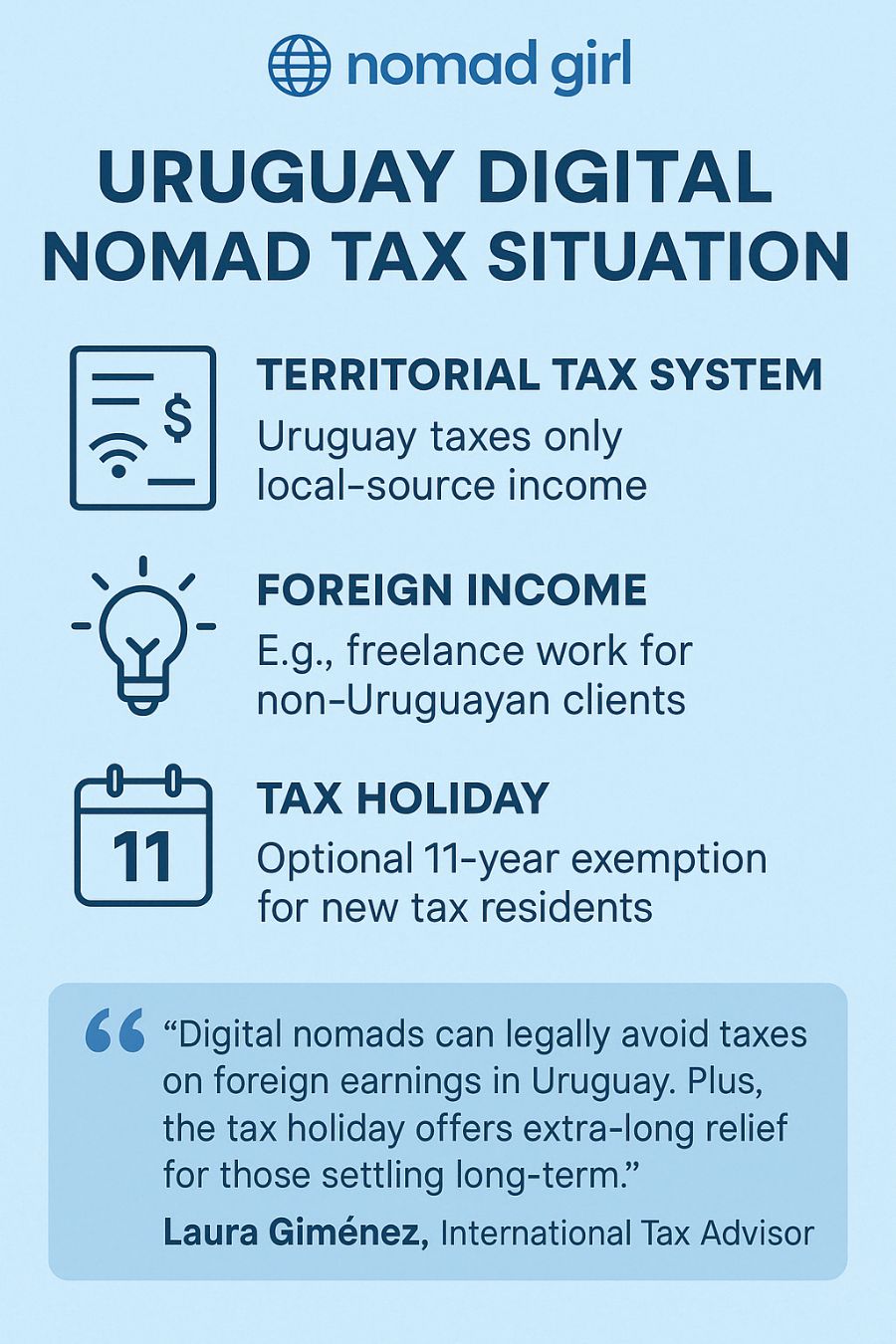
Digital Nomad Lifestyle in Uruguay
Montevideo charms remote workers with waterfront promenades, colonial streets, and dependable high-speed internet. Punta del Este appeals to digital creatives who enjoy surf, sand, and stylish beach cafés. Colonia offers peace, history, and artistic inspiration for writers, designers, and photographers.
Beyond the cities, Uruguay’s countryside and coastal routes offer tranquil escapes. Cycling, wine tasting, and horseback riding serve as regular weekend activities for expats and locals alike. Cultural events like Carnaval, the Montevideo Jazz Festival, and national mate rituals give newcomers a taste of authentic life.
Daily life remains safe and efficient:
- Public transport is reliable and affordable
- Mobile SIM cards are easy to obtain with generous data plans
- Supermarkets and local markets offer a mix of global and regional goods
- Pharmacies and medical services are widely available and affordable
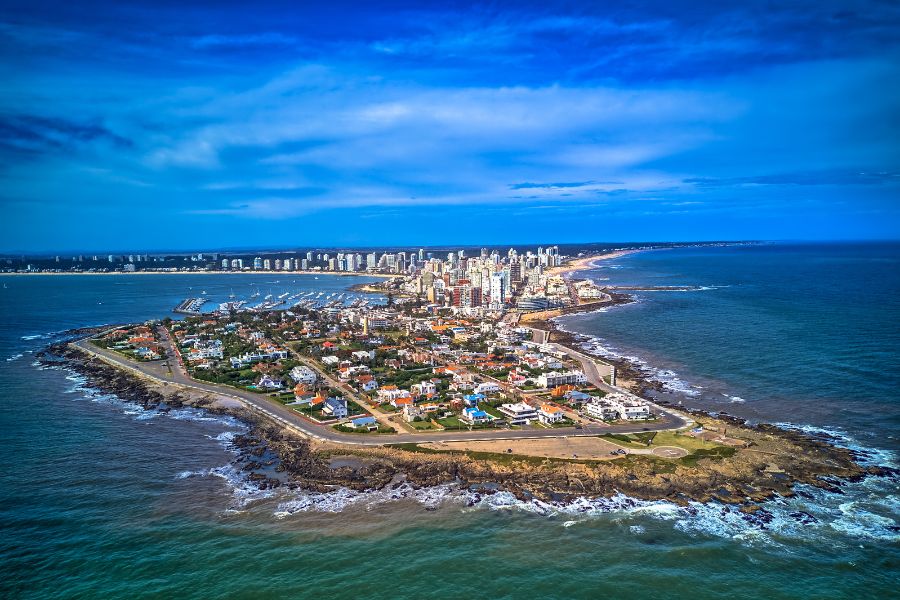
Cost of Living
Uruguay offers a balanced cost structure:
- Rent for a one-bedroom apartment: $500–800/month
- Monthly coworking pass: $100–150
- Groceries: $250–350/month
- Eating out: $10–30 per meal
- Private healthcare visits: $30–50
While not the cheapest destination in South America, Uruguay provides excellent value in return. Neighbourhoods like Pocitos and Parque Rodó offer a great quality of life, with cafes, parks, and beach access.
Internet Speeds and Infrastructure
Digital readiness stands out:
- Fibre-optic coverage reaches 70% of urban areas
- Average speeds clock in at 100 Mbps
- Electricity grids remain stable with minimal outages
- Card payments are widely accepted; cash remains preferred in rural zones
- Many coworking spaces offer 24/7 access and backup power systems
Coworking Spaces and Communities
Popular coworking hubs include:
- Sinergia Cowork (Montevideo): Offers networking, flexible hours, and modern amenities
- Kube Cowork (Montevideo): Ideal for business calls and startup collaboration
- CoWork Latam: A regional chain with accessible locations
In Colonia, Café La Farmacia becomes the unofficial HQ for roaming creatives and remote techies. Telegram and WhatsApp groups help nomads organise social meetups, language exchanges, and coworking sessions. Online forums also help with everything from banking to rental contracts.

Visa Renewal and Long-Term Options
Once your six-month visa ends, you may renew it once. After 12 months, you’ll need to exit or pursue permanent residency. Uruguay’s path to residency is clear-cut:
- Show long-term lease, property purchase, or family ties
- Maintain presence in Uruguay for 3 years (or 5 without children) to apply for citizenship
Uruguay provides a relatively relaxed immigration process. Many nomads apply for a different type of residency once they’ve decided to stay. The authorities appreciate transparency, and legal support is widely available and reasonably priced.
Dual nationality is permitted. The Uruguayan passport offers excellent travel freedom without requiring you to give up your original nationality. Citizens enjoy visa-free or visa-on-arrival access to over 150 countries.
Frequently Asked Questions (FAQ)
Can I apply from abroad? Yes. Apply before arriving.
Can I include my family? Yes. Submit individual applications.
Can I work for local clients? No. Only foreign clients permitted.
Do I need Spanish? Helpful, but not mandatory.
Can I drive in Uruguay? Yes, with your original license for up to one year.
What happens after 12 months? Apply for residency or leave Uruguay.
Is it safe for women? Yes. Uruguay is among the safest countries in South America.
Do I need vaccines? No. None required upon entry.
Can I open a bank account? Yes, after obtaining your temporary ID.
How do I find long-term rentals? Through local Facebook groups, real estate agencies, and online portals like Gallito or Mercado Libre.
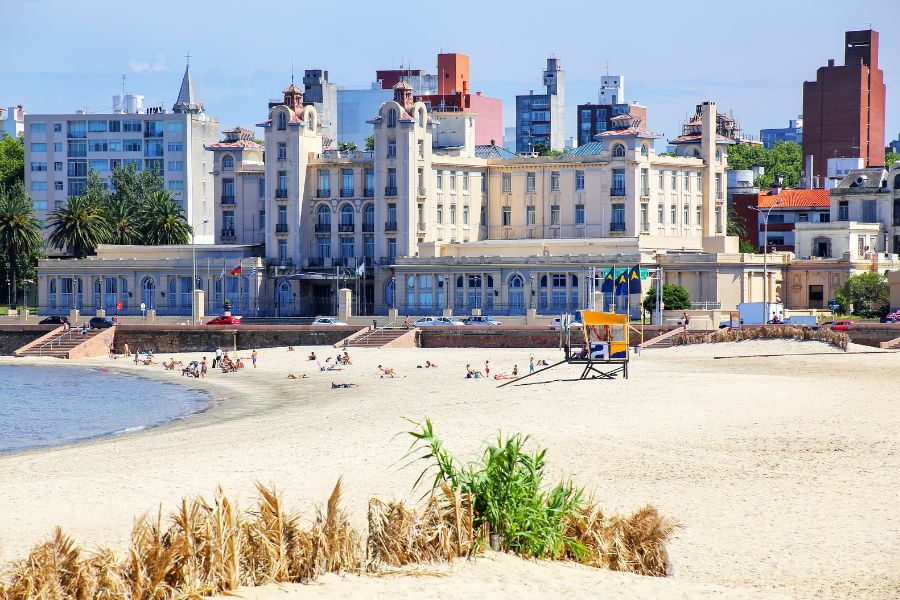
Conclusion
Uruguay delivers more than a visa. It offers calm, clarity, and a chance to recharge. The digital nomad visa suits those who want a slower pace, cultural richness, and solid infrastructure. From fast Wi-Fi to clean beaches and cultural events, the country enables focus without chaos.
With legal cannabis, clean streets, low corruption, and a strong community spirit, Uruguay remains one of Latin America’s best-kept secrets. Whether you’re coding in a Montevideo coworking loft, surfing off the coast of Maldonado, or journaling by Colonia’s riverside, the country meets you with grace, not chaos.
Remote work becomes a joy when your backdrop is calm, your internet is stable, and your nights are quiet. Uruguay doesn’t try to impress. It just works.
Nomads who stay often return. Some never leave.


